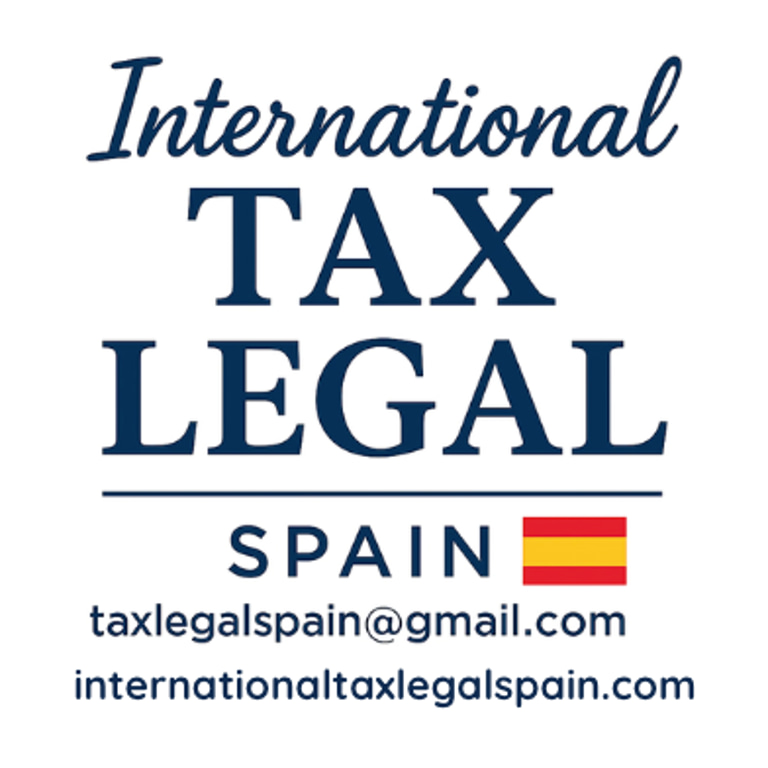Renting Out Your Spanish Property? A Non-Resident's Guide to Income Tax
Learn the essential tax obligations for non-residents renting out property in Spain. Understand tax rates, deductible expenses, and filing requirements. A tax lawyer in Spain can help you stay compliant.
Jacob Salama
8/27/20254 min read


Owning a property in sunny Spain is a dream for many. Whether it’s a coastal apartment, a city flat, or a rustic villa, it offers a perfect getaway. For many non-resident owners, renting out that property when they're not using it is a fantastic way to generate income and cover maintenance costs. However, this rental income comes with a very important responsibility: paying taxes to the Spanish government.
Failing to declare rental income is one of the most common mistakes non-residents make, and the Spanish Tax Agency (Agencia Tributaria) has become increasingly sophisticated at tracking undeclared rentals through online platforms and data analysis. Ignoring your tax obligations can lead to hefty fines, back-taxes, and significant stress.
The good news is that understanding and complying with the rules is perfectly manageable, especially with the right guidance. This guide will walk you through the essential tax obligations for non-residents who rent out their Spanish property.
The Basics: What Tax Do You Pay?
As a non-resident, the income you earn from renting your Spanish property is subject to the Non-Resident Income Tax (NRIT), known in Spanish as Impuesto sobre la Renta de no Residentes (IRNR). You are taxed on the gross income you receive from your tenants. However, the tax rate and your ability to deduct expenses depend critically on where you are a tax resident.
Tax Rates: A Tale of Two Geographies
The tax rate applied to your net rental income is not the same for everyone. This is a crucial distinction that can have a huge impact on your final tax bill.
For Residents of the EU, Iceland, and Norway (EEA): You are taxed at a favorable rate of 19%. Crucially, you are also allowed to deduct certain expenses from your gross rental income before calculating the tax.
For Residents of All Other Countries (including the UK post-Brexit, USA, Canada, etc.): You are taxed at a higher rate of 24%. Furthermore, you are taxed on your gross rental income, meaning you are not allowed to deduct any expenses.
This difference is enormous. An EU resident and a UK resident earning the exact same rental income will have vastly different tax bills. This has been a point of contention, particularly for British owners since Brexit, and underscores the importance of understanding your specific obligations.
Deductible Expenses for EU/EEA Residents
If you are fortunate enough to be an EU/EEA resident, you can significantly reduce your taxable income by deducting legitimate expenses related to the rental. These expenses must be directly linked to generating the rental income and you must have proper invoices to prove them. Common deductible expenses include:
Interest on your mortgage (proportional to the rental period).
Community fees (gastos de comunidad).
Local property taxes like the IBI (Impuesto sobre Bienes Inmuebles).
Home insurance premiums.
Utility bills (water, electricity, gas) paid during the rental period.
Maintenance and repair costs (e.g., painting, plumbing repairs). Note: Improvements that increase the value or size of the property are not deductible as expenses but can be added to the purchase cost to reduce future capital gains tax.
Cleaning and laundry services.
Marketing and agency fees paid to let the property.
Depreciation of the property: You can deduct 3% of the higher of the purchase value or the cadastral value (valor catastral) of the building (excluding land value), proportional to the number of days it was rented.
It's vital to keep meticulous records and valid invoices for all these expenses. A lawyer in Spain for non residents can provide invaluable assistance in determining which expenses are deductible and ensuring your accounting is compliant.
How and When to File Your Taxes
Unlike Spanish residents who file an annual tax return, non-residents with rental income must file a tax return for each quarter in which they receive income. You use Form 210 (Modelo 210) to declare this income.
The deadlines are:
First Quarter (Jan-Mar): File by April 20th
Second Quarter (Apr-Jun): File by July 20th
Third Quarter (Jul-Sep): File by October 20th
Fourth Quarter (Oct-Dec): File by January 20th of the following year
What About the Periods the Property is Empty?
For the periods your property is not rented out and is available for your personal use, you are still liable for a different kind of NRIT: the "imputed" or "deemed" income tax. This tax is calculated on a percentage of the property's cadastral value. This must be declared separately on a different Form 210, filed annually for the previous year, by December 31st.
This means you could be filing up to five tax returns per year for a single property: four quarterly returns for the rental periods and one annual return for the empty periods.
The Smart Choice: Professional Help
Managing quarterly filings, distinguishing between deductible and non-deductible expenses, calculating depreciation, and handling different tax treatments for rented and unrented periods can be overwhelming. The potential for error is high, and the consequences are severe.
Engaging a specialist tax lawyer in Spain is the most effective way to ensure you are fully compliant. They can handle all the filings on your behalf, maximize your legitimate deductions (if you're an EU/EEA resident), and give you the peace of mind that your financial affairs in Spain are in perfect order. It's an investment that pays for itself by avoiding fines and optimizing your tax liability.
Don't let tax compliance complexities overshadow the benefits of your Spanish property investment. Our team is here to manage your non-resident rental tax obligations efficiently and correctly. Book an appointment to get started.
